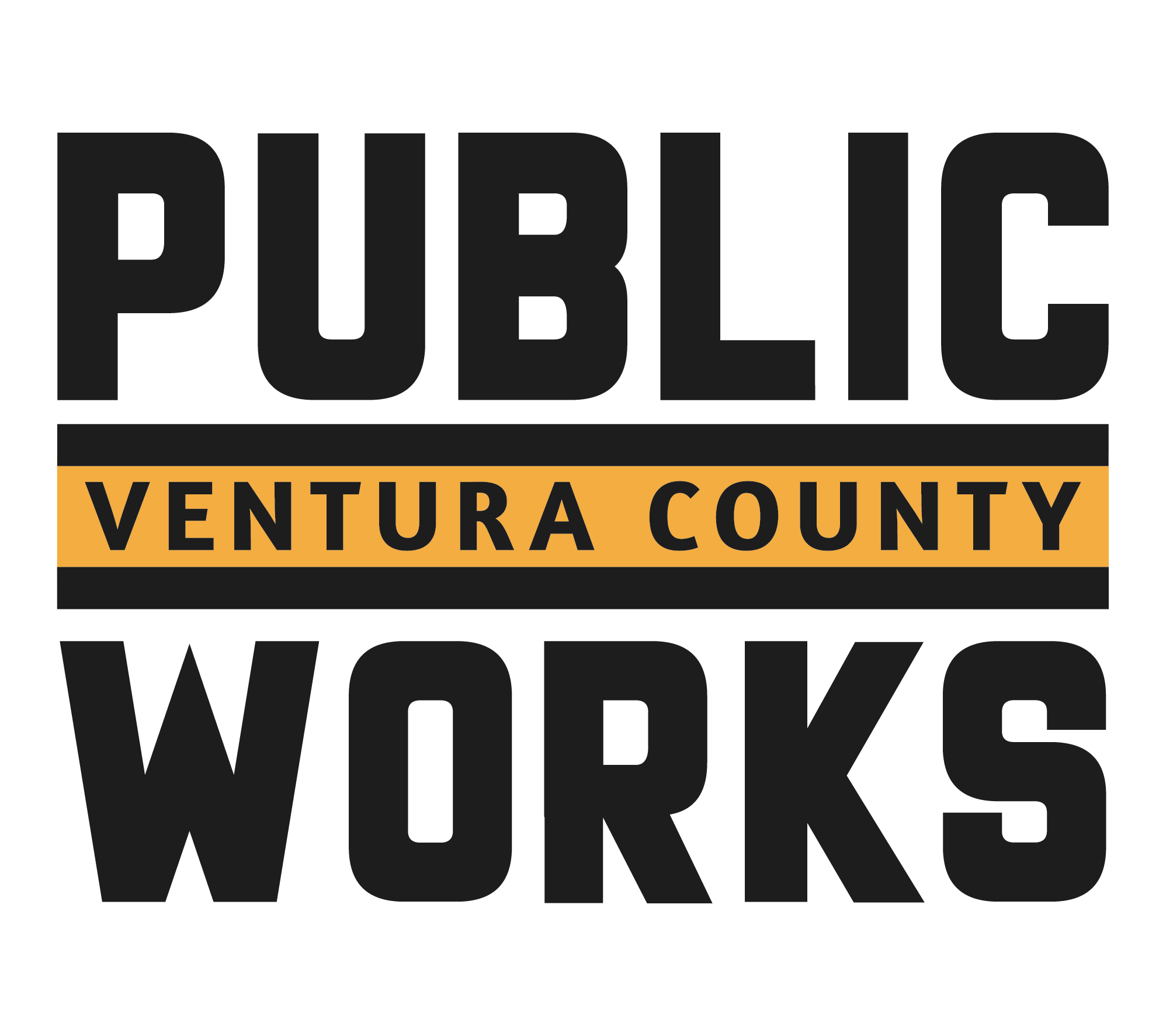EYE ON THE ENVIRONMENT | NEW REPORTS SHOW CHANGE OF RECYCLING FOCUS
Aug 4, 2021 | David Goldstein
by David Goldstein, VCPWA, IWMD
Last Monday (Aug. 2, 2021) was the deadline for every city and county in California to send an annual report to the California Department of Resources Recycling and Recovery (CalRecycle) describing and measuring local efforts to meet several state mandates related to recycling and solid waste disposal.
In many ways, the past year was difficult for businesses and public agencies planning and implementing recycling programs, but local recycling for one category of material continued unabated. Local facilities turning yard clippings and lumber into mulch and compost reported increases in tons handled.
Perhaps as stay-at-home orders resulted in more home gardening and home improvement, more yard trimmings and lumber ended up in curbside yard waste carts, rented roll-off containers designated for recycling, and the backs of trucks headed to recyclers.
Fortunately for compliance with state mandates, these materials were among the most important for recycling, given a recent change of focus in recycling.
Until recently, recycling has focused mostly on items like cans, bottles, paper, cardboard and plastic. When California passed Senate Bill (SB) 1383 in 2016, however, a new mandate required recycling half of all organic waste by 2020 and 75 percent by 2025.
In the recycling business, the term “organic waste” or “organics” has a meaning different from the term “organic” in farming. In farming, an “organic” product is one grown without “chemically formulated fertilizers, growth stimulants, antibiotics, or pesticides,” according to the Merriam-Webster online dictionary. “Organic waste” and “organics,” on the other hand, are terms used to describe waste originating from living organisms and capable of being turned into compost, mulch or biofuel.
Targeting organics for recycling has some of the same benefits of previous recycling. Resources will be conserved rather than being buried in landfills; jobs will be created, funded at least partly through the recovered value of products produced from recycled material; and landfill space will be saved. Focusing on organics recycling is now a priority for two different reasons, however.
The first reason is methane emission reduction. According to the CalRecycle website, “methane emissions resulting from the decomposition of organic waste in landfills are a significant source of greenhouse gas emissions contributing to global climate change.” CalRecycle Information Officer Lance Klug added, “Methane is more than 70 times more potent than carbon dioxide, over a 20-year horizon, [and] methane and other pollutants contribute to respiratory problems, heart disease and other public health issues.”
Secondly, SB1383 also requires 20 percent of edible food waste to be rescued for human consumption. In Ventura County, one in six people struggles with “food insecurity,” according to
the website of our local food bank, Food Share, which also reports serving 75,000 people each month.
Food recovery and food waste composting were areas where Ventura County needs to improve to meet mandates. Currently, food rescue organizations target mostly shelf-stable food and produce. To improve these efforts, food rescue organizations will need more refrigerated trucks, volunteers and logistical coordination to target prepared food, such as deli counter and salad bar end-of-day leftovers and unserved food past its peak of freshness at restaurants, banquet venues and institutions.
Eventually, a website will facilitate collection and distribution of food, but in the meantime, those interested in volunteering, donating, or receiving discarded food can contact the program coordinator of the Waste Free VC Coalition at silvia.lopez-navarro@ventura.org .
Some food unsuitable for consumption by people may be suitable for an animal food manufacturing facility expected to be built in Oxnard by next year. Also, a massive new compost facility, capable of handling both yard clippings and food scraps, is expected to be permitted for operation by Agromin on the Limoneira farm soon after. In the meantime, no local commercial compost facility has capability and permits to compost food scraps.
If you want to find out how your city or county is implementing and promoting plans to meet waste reduction mandates, ask your local recycling coordinator to email you a copy of your city’s report.
More information: www.calrecycle.ca.gov/lgcentral/AnnualReport/.
David Goldstein, an Environmental Resource Analyst with Ventura County Public Works, Integrated Waste Management, may be reached at david.goldstein@ventura.org or 805-658-4312.


